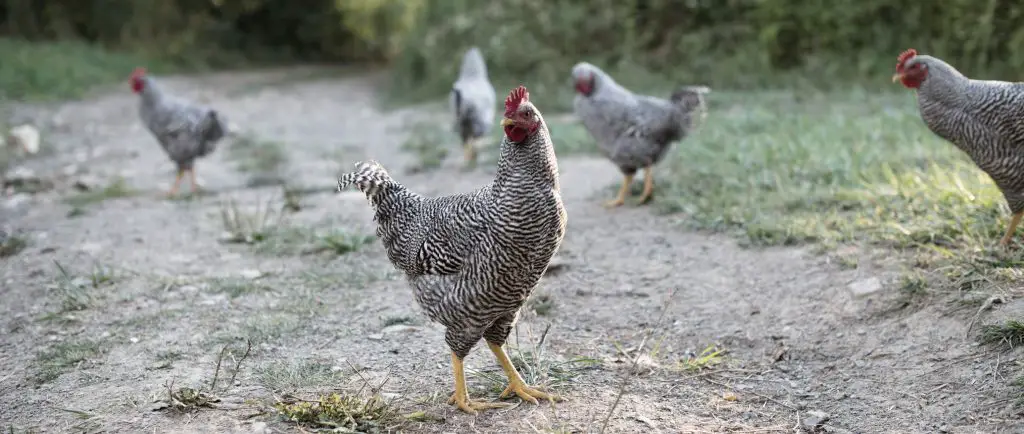
Every year we hear of cases of allergic reactions to food
.These cases can vary widely in their severity from mild inconveniences to deadly reactions.
For the majority of the population, the thought of what to eat is of little medical consequence.
For others, however, it is a daily struggle and gamble to determine what is acceptable to eat and what if ingested could cause them to become very sick.
The summer months are a key period for many homesteads & small farms that open up roadside stands to sell their goods.
The goal is to sell enough products over this busy season to compensate for the rest of the year when sales can be slower or non-existent.
But along with the chance to make money there is also the potential to sell something that could make someone sick.
There is generally less governmental control over the goods sold and this can lead to related food problems.
What are Food Allergens?
Food allergens cause a reaction within the person’s body that varies in intensity depending on the individual.
The allergen will initiate an immunological reaction.
Antibodies are produced in response to the allergen and cause the release of histamine and other substances by the person’s body.
These substances react in the body’s mast cell tissue (eyes, skin, intestinal tract, respiratory system, etc.)
The body will manifest the symptoms in many different ways, but a few examples are runny nose, sneezing, diarrhea, hives, watery eyes, and in severe cases respiratory distress and anaphylactic shock.
Most food allergies are to a specific protein or glycoprotein.
Food-borne allergens take many forms.
Most people think of only a few of the key allergens such as peanuts or eggs but in fact, there are well over 100 foods that have been proven to cause allergic reactions.
Be Aware of These Most Common Key Food Allergens
There are 8 widely accepted key allergens that account for about 90% of all allergic reactions.
They include:
- Peanuts
- Tree nuts such as almonds, Brazil nuts, cashews, hazelnuts, macadamia nuts, pecans
- Sesame seeds
- Milk
- Eggs
- Fish, crustaceans (crab, crayfish, lobster, shrimp) and shellfish (clams, mussels, oysters, scallops)
- Soy
- Wheat
- Sulfites
Dealing with Food Allergens on the Homestead or Small Farm
On the homestead/small farm, it will take careful planning and awareness to protect yourself and your customers from food-borne allergens.
There are several good practices that can be incorporated on the farm to make life easier.
- Always separate allergens from non-allergenic items. For example, tree nuts and peanuts should be well separated from other items and each other within your store. This includes keeping your egg products well separated from your milk products.
- When harvesting produce, do not place allergens in the same bin as non-allergens. It is a good practice to totally collect peanuts in a different bin the vegetables. Color-coding your produce bins is a good practice to help keep them separate.
- Clean bins well and separately.
- Harvest all allergens last then wash-up before handling non-allergens.
- Do not reuse disposable/unwashable containers
- Develop a record-keeping system for your products to develop traceability and trackability of the products you sell.
- Train anyone working on your homestead in food safety practices, and make allergen awareness part of your continued training/education plan.
Conclusion
With food production comes responsibility and involves all levels of production including on the farm/homestead.
It is estimated that about 8% of children and 2% of adults suffer from some form of food allergy.
The need for a safe food supply has led all levels of government to take the necessary steps to ensure everyone’s good health.
As a result, HACCP and Good Manufacturing Practices have expanded from not only the food processors but also the primary food producers.
By developing a plan of action and practicing good food practices the chances of food allergy problems occurring on your farm can be eliminated.
